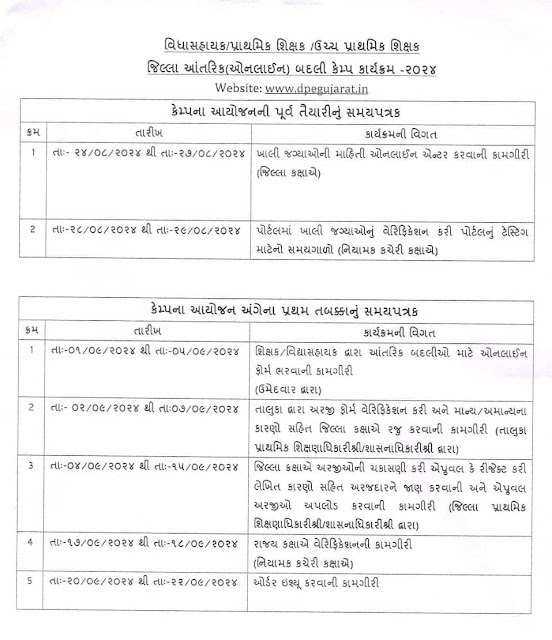Periodical Test Time table Std 3 to 8 for year 2019/20
countries, a person who wishes to become a teacher must first obtain specified professional qualifications or credentials from a university or college. These professional qualifications may include the study of pedagogy, the science of teaching. Teachers, like other professionals, may have to, or choose to, continue their education after they qualify, a process known as continuing professional development.
The issue of teacher qualifications is linked to the status of the profession. In some societies, teachers enjoy a status on a par with physicians, lawyers, engineers, and accountants, in others, the status of the profession is low. In the twentieth century, many intelligent women were unable to get jobs in corporations or governments so many chose teaching as a default profession. As women become more welcomed into corporations and governments today, it may be more difficult to attract qualified teachers in the future.
Teachers are often required to undergo a course of initial education at a College of Education to ensure that they possess the necessary knowledge, competences and adhere to relevant codes of ethics.
There are a variety of bodies designed to instill, preserve and update the knowledge and professional standing of teachers. Around the world many teachers' colleges exist; they may be controlled by government or by the teaching profession itself.
They are generally established to serve and protect the public interest through certifying, governing, quality controlling, and enforcing standards of practice for the teaching profession.
The Gujarat Secondary and Higher Secondary Education Board (GSHSEB) was constituted in 1972, following the enactment of the Gujarat Secondary Education Act 1972. Its Chairman and Deputy Chairman are appointed by the State Government. It has 16 ex officio members, and 44 other members drawn from academic organizations, legislative bodies and civil society. Various Committees with specific responsibilities function under the Board, such as the Executive Committee, Examination Committee, Finance Committee, Education Committee, and Magazine Advisory Committee.
GSHSEB provides the State Government guidance about the policies governing secondary education, its development and qualitative enhancement. In an overview, its duties are:
Click here to download Time table
Preparing the curricula & syllabi
Registering new Secondary schools and monitoring their performance on a continual basis
Providing developmental guidance
Organising training for teachers and principals-up measures (for instance, to integrate Gujarat's students with the Information Technology-enabled global village, the Board has introduced Computer Studies among regular curricula).
Click here to download Time table
Preparing the curricula & syllabi
Registering new Secondary schools and monitoring their performance on a continual basis
Providing developmental guidance
Organising training for teachers and principals-up measures (for instance, to integrate Gujarat's students with the Information Technology-enabled global village, the Board has introduced Computer Studies among regular curricula).



